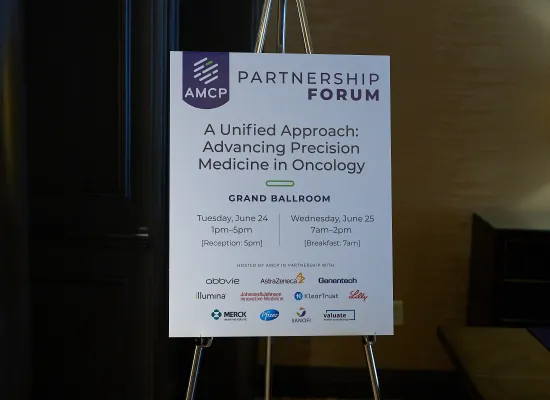
Most-Favored Nation Pricing Won’t Bring Down Medicaid Costs: The MVP Act Will

In both of his administrations, President Trump promoted most-favored nation (MFN) pricing as a way to bring down drug costs in the United States. On July 31, 2025, President Trump sent letters to 17 pharmaceutical manufacturers demanding that they implement MFN prices or face the consequences. Specifically, the letters list the following actions for manufacturers to take:
- Offer MFN prices to all Medicaid beneficiaries;
- Refrain from offering lower prices to other developed nations;
- Use a direct-to-consumer model to sell drugs to patients at MFN prices; and
- Raise prices internationally and use the revenue to lower domestic prices.
These are not productive suggestions. The Trump administration misunderstands drug pricing in foreign countries, where centralized health technology assessment bodies often have the power to set prices. Further, Trump’s directive raises serious questions about how MFN prices in Medicaid will interact with the Medicaid Drug Rebate Program (MDRP), which already requires manufacturers to offer Medicaid plans the lowest prices available in the country. And it ignores that direct-to-consumer sales will not make high-cost treatments more affordable for patients.
It’s not clear what legal authority President Trump intends to use to compel action, but in any case, none of these actions will result in lower prices for patients.
Here’s a policy that would actually help promote affordability and access for patients with Medicaid: the bipartisan Medicaid VBPs for Patients (MVP) Act (S. 1637). This recently re-introduced bill would codify and clarify the Multiple Best Price Rule under the MDRP, allowing Medicaid programs to take advantage of innovative value-based contracts that tie costs to patient outcomes.
The Multiple Best Price Rule allows pharmaceutical manufacturers to report two prices—a fee-for-service price and a value-based price. Unfortunately, ambiguity in the rule means it’s not clear how the value-based price should be calculated. This has resulted in a chilling effect on value-based contracts in Medicaid, a particular concern for innovative new treatments like cell and gene therapies.
The MVP Act clarifies that the best price under a value-based agreement is the maximum possible amount to be paid, assuming all patient outcome benchmarks are met. It also defines certain key terms used in calculating the best price, resolving longstanding confusion. Most importantly, it improves access to life-changing—potentially curative—therapies for our most vulnerable patients. By passing the MVP Act, Medicaid will have the opportunity they need to cover these treatments and protection from paying for something if it doesn’t work.
You can get involved by urging your Members of Congress to pass the MVP Act to improve patient access to potentially lifesaving treatments.

Adam Colborn, JD
Associate VP, Congressional Affairs
Published on August 7, 2025
Featured News & Resources
See Full CalendarUpcoming Events
AMCP offers a wide variety of educational opportunities, from events and webinars to online training.








